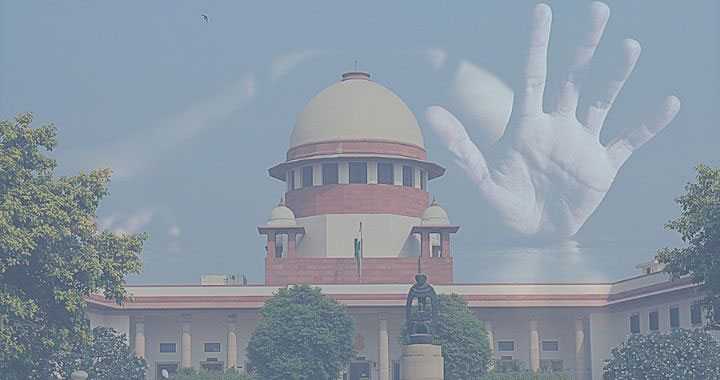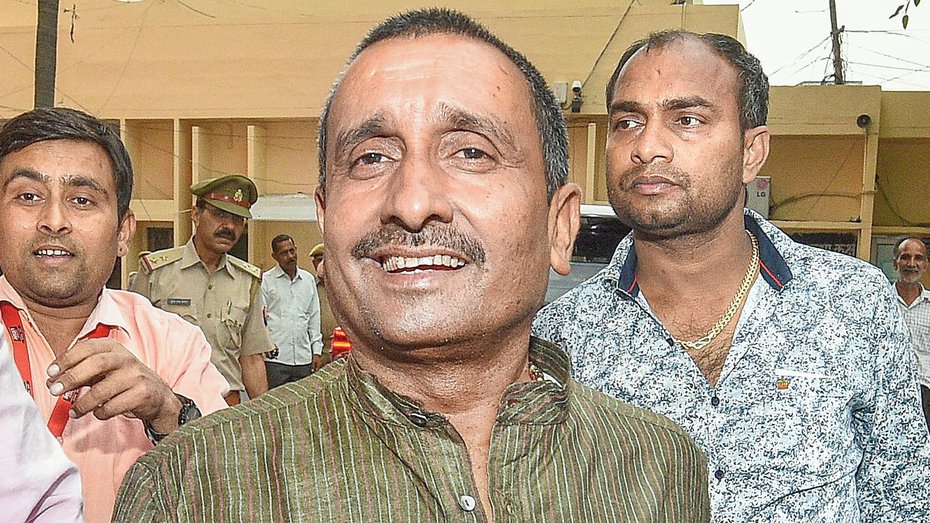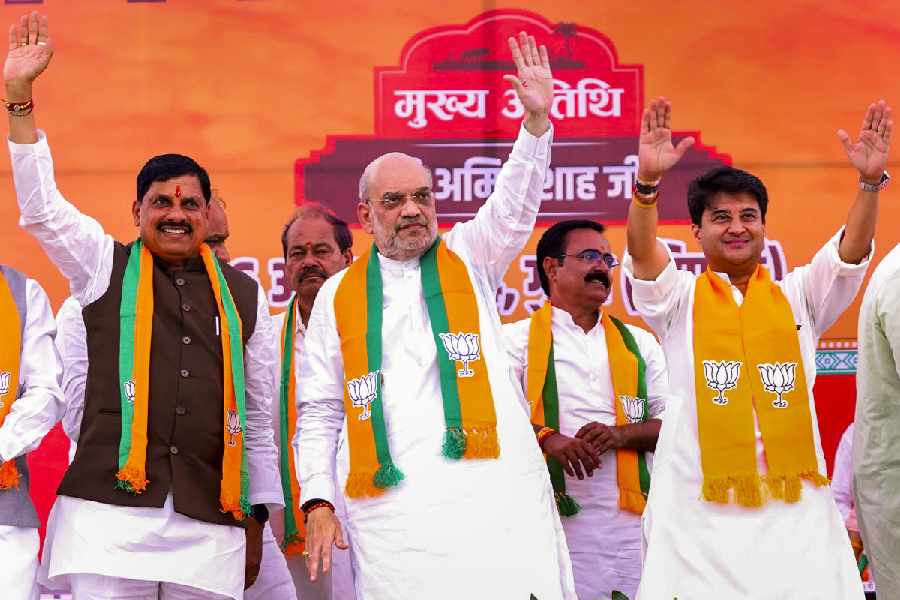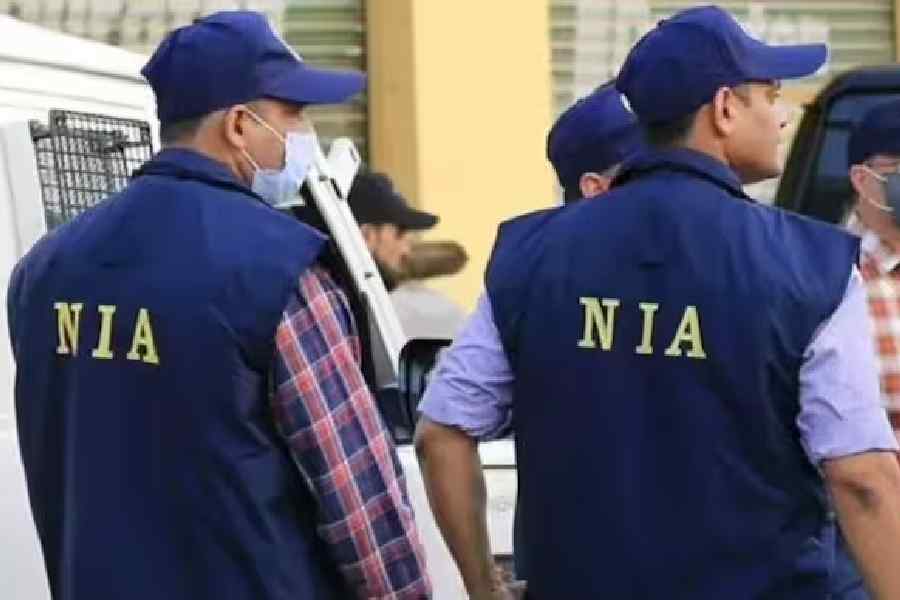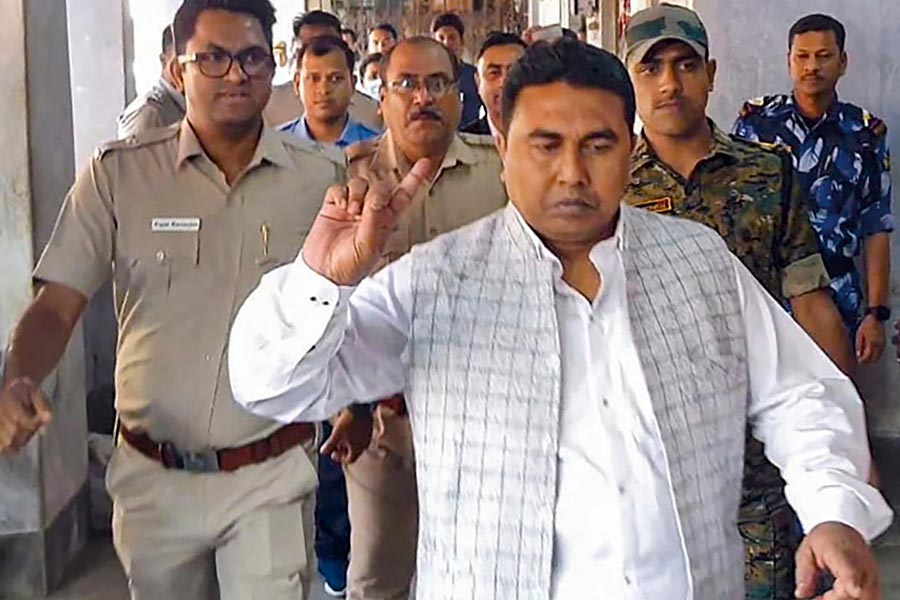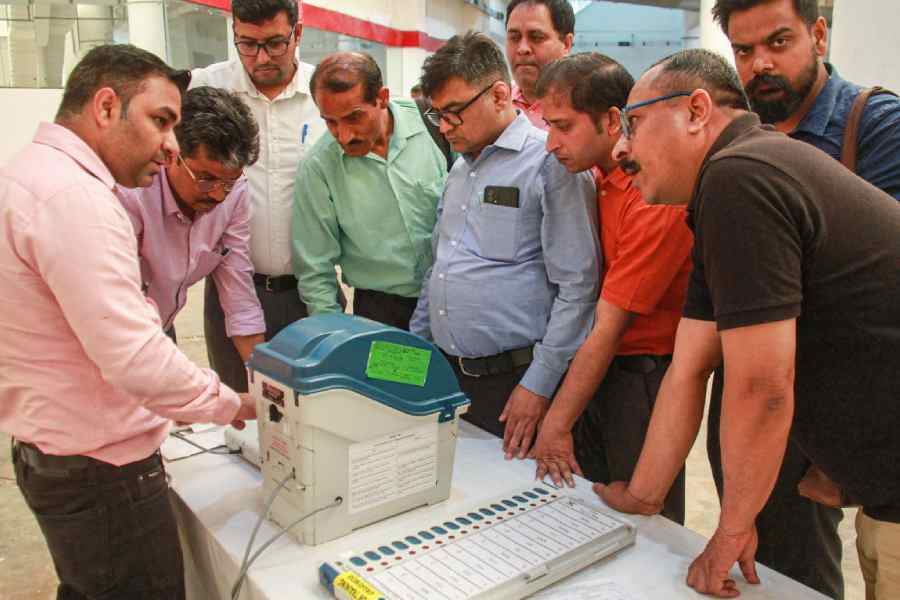It took the Supreme Court’s admonitions to impel visible activity on the Unnao rape case. Not that the Bharatiya Janata Party member of the legislative assembly accused of rape by a 17-year-old girl in 2017 in Unnao, Uttar Pradesh, was roaming free. He was in prison, suspended by his party; yet, reports and a letter from the survivor to the Supreme Court showed that her family was being systematically threatened. If the kin of the accused and groups of men loyal to him carried out physical intimidation — reportedly, the younger sister of the survivor was molested and her father tied to a tree and beaten up — the police can hardly be said to have been dutiful. The survivor’s father was then arrested under the Arms Act and killed in prison. Reportedly, the police said that the killing had been carried out by the MLA’s brother’s men. Few situations can be more absurd, or more lawless, than this. The sequence of injustices — even the most naïve would not see these as twists of fate — continued: in Rae Bareli, a truck carrying a blackened number plate rammed the car in which the survivor was travelling, leaving her and her lawyer fighting for their lives and killing two of her aunts, one of whom was a witness in the case. India cannot be allowed to turn into a murder republic. The Supreme Court has ordered that the Central Bureau of Investigation submit reports within fixed times, and that all cases relating to the Unnao rape inquiry be moved from Lucknow to Delhi.
It is not that the police did not know what was happening. If they could blame the MLA’s brother’s men for the murder of the survivor’s father, how was the accident, being thought of as having been arranged by the accused from behind bars, allowed to happen? Why were the survivor and her family so poorly protected? The Unnao case, with its repressive killings and attempts to kill, has once again demonstrated that the law enforcement system is utterly subservient to the dictates of power. There is no system of serious witness protection. Equally sad is the fact that in every sensitive case where a political regime appears to be stifling justice, the Supreme Court has to order a change of venue. Gujarat is a striking example. It leaves unaddressed the fundamental problem of the misuse of law at the behest of political powers. The Unnao survivor must get justice. But the known weaknesses of the lower courts and of the state police must also be confronted and changed.

